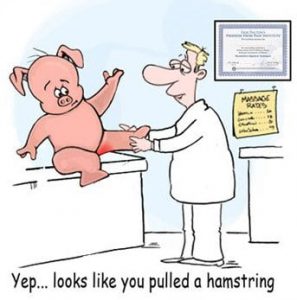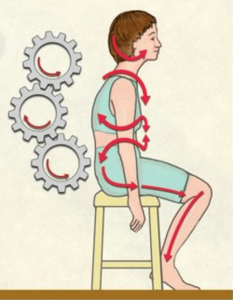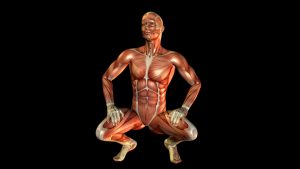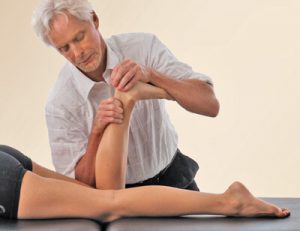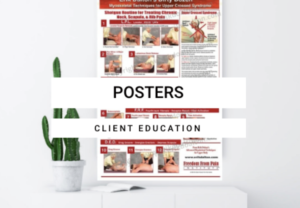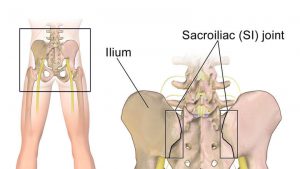In this blog post, I’d like to feature the writing of Sue Hitzmann as she describes her MELT Method. I’ve always respected Sue’s prolific work as an author, thinker, and exercise physiologist. She continues to modernize the fitness industry with her innovative blend of connective tissue and nervous system techniques. In her workshops and best-selling books, Sue teaches us how to get ahead of the factors that contribute to injury and pain so we can perform at our highest level. She makes clear that optimum health requires a seamless continuum of proactive care, not just reactive rehab. Her work includes everything from pain reduction, biomechanics, and the sensorimotor system, to psychology, strength training, and athletic movement. Sue’s MELT Method is one-stop shopping for a total-body training program and I’m honored to be featuring her in the following blog post.
~ Erik Dalton
What is the MELT Method?
The MELT Method is a science-backed self-care technique that anyone can use to stay active, enhance performance, and get out (and stay out) of pain. Developed by manual therapist and exercise physiologist Sue Hitzmann, it uses specially designed hand and foot treatment balls and custom made soft rollers (along with your own body and breath) to calm the mind, tap into the autonomic regulators of the nervous system to boost control, and restore the supportive qualities of the connective tissue system to bring stability and balance back to the body.
The restoration happens through rehydration—improving fluid flow throughout the connective tissue system called fascia. With gentle techniques, we help restore fascia’s supportive, supple qualities and release unwanted compression and tension that leads to imbalance and misalignment. The effect helps improve autonomic regulation and efficiency (making you feel in control of your life) which can lead to a cascade of vibrant, healthful effects throughout your entire body—from moving with ease to bright, supple skin to better sleep and more energy.
While we have you here, here’s what MELT is not: It’s not exercise or a workout replacement, it’s not stretching, and (even though we’re technically assisted by soft foam rollers) it’s not your typical foam rolling. We think of it as Hands-Off Bodywork—it’s a technique that empowers you with the ability to treat yourself like a skilled, hands-on therapist.
Learning to MELT is like learning a new language. Once you know the basic language, you’ll easily flow through the MELT self-care experience, making changes you’ll feel instantly and creating lasting results, too.
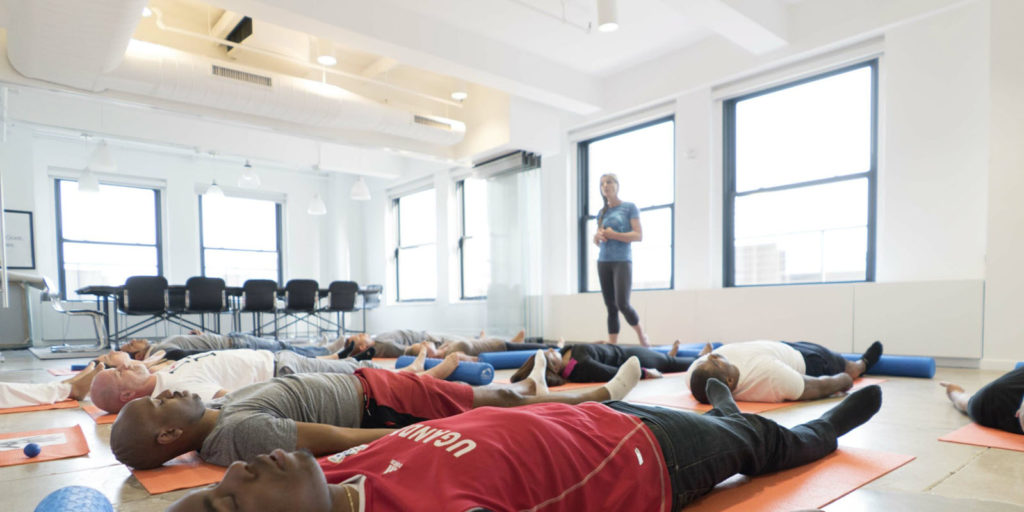
The Neurofascial System is the missing link
The nervous system and connective tissue system work together as the neurofascial system, and we believe it’s the missing link when it comes to understanding how our bodies move, function, and maintain overall well-being. We’re going way beyond the muscles and bones here.
So, how exactly are we addressing those systems? When we MELT, we’re performing what we call the 4Rs—Reconnect, Rebalance, Rehydrate, and Release. These 4Rs distill a ton of complex neuroscience and fascial research into an accessible, simple protocol. They’re the essence of what the MELT Method is all about and you’ll experience them in every self-care session using just your body and a MELT tool or two. Let’s take a look at each one and what it does.
1. Reconnect
Reconnect is taking time to assess and learn where stuck stress lives in your body. Each session begins with some form of Reconnect—assessments are often done lying down or standing, before and after your session. Awareness of the change you’re creating is integral to reaping the full benefits of your practice. You’ll learn to sense imbalances before they cause pain. Reconnect techniques also help restore the aspects of your body that support, protect, and stabilize you – aka The Autopilot in MELT.
2. Rebalance
Rebalance works to restore whole-body balance and core stability. You may work on diaphragmatic, multidimensional breathing while using the roller or your grounding and alignment with hand and foot treatments using a softball—these are examples of subtle, simple Rebalance techniques that are incredibly profound when it comes to restoring balance and the neurological core system we call the Neurocore.
3. Rehydrate
Rehydrate is where we’ll use gentle tension and compression techniques to help restore fluid flow in your fascia, usually with the aid of a MELT tool. We’ll gently compress your body using Gliding, Shearing, Rinsing, and Friction techniques. Far beyond foam rolling, you won’t iron yourself like a shirt or cause pain to get out of pain—the key to rehydration is maintaining tolerable pressure or tension, never more. You’re in control of the process. Cells, collagen fibrils, and fluids are all stimulated and create a rehydration effect like a good session of hands-on therapy.
4. Release
Release is all about powerful decompression techniques that relieve tension and pain. We always prep the tissue with Rehydrate work before decompressing. Release is key when it comes to living pain-free and staying active. You’ll feel a difference right away when it comes to range of motion and your posture. Hand and foot treatments use the MELT balls to mobilize the joints of the hands and feet and improve neural signaling from head to toe and, using the soft body roller, you’ll learn the neck and low back release techniques—game-changers for your overall sense of spinal mobility and pelvic stability.
The 4Rs sound very much like a recipe, and in many ways, it is—the recipe for stability, mobility, and a healthy, active life.
Who should use MELT (and when)?
MELT is both “prehab” (a method you can use to prevent pain and issues before they start) and a practice that can help ease aches or imbalances that have already set in. While some modifications may be necessary, there’s never a wrong time to MELT.
While of course people with chronic pain or demanding athletic training will find a multitude of benefits through MELT, the actual answer to the “who and when” question is “everyone, every day.” Here’s the thing—daily living (the kind we all do) creates repetitive motions, whether it’s swatting a tennis ball, chopping up veggies for dinner, sitting at your office desk using a computer, or texting a friend. And over time, these repetitive motions can lead to repetitive stress injuries, chronic aches and pain, and joint decentralization causing imbalance and a loss of structural integrity in the body. So if you’re alive and breathing—no matter what your age or activity level—MELT should be an integral tool in your self-care kit. And more good news: the commitment is pretty minimal. Just 10 minutes, three times a week has been clinically proven to help ease pain and restrictions.
What does it feel like?
The idea of Hands-Off Bodywork holds true in the experience, as the soft, grippy rollers and treatment balls were actually designed to mimic a therapist’s thumb, hand, elbow, or forearm.
MELT classes move slowly, intentionally, and always gently. This makes them accessible to any age or ability—and there are many modifications that can be made for anyone who needs additional aid.
Another incredible feature of MELT is that you’ll feel an immediate difference after every session when reassessing your self-care work and value the changes it makes—people often report feeling lighter and freer when they move, more balanced in their body, and (depending on the session) either relaxed or energized.
Learn more about the science behind the method, the creator Sue Hitzmann, and MELT On Demand’s streaming classes at www.meltmethod.com
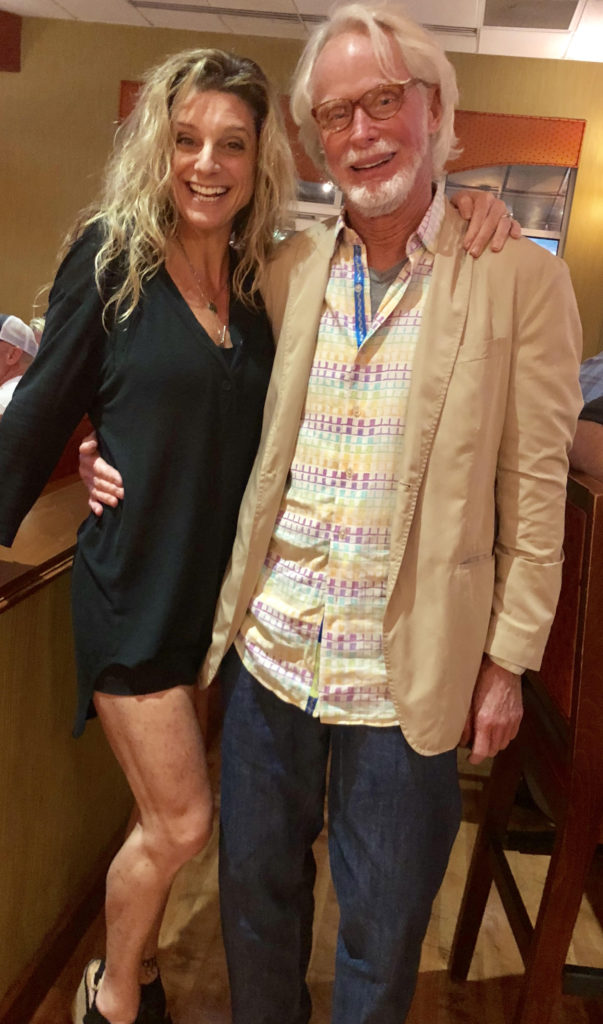
On sale this week only!
Save 25% off the "Dalton Technique Treasures" eCourse
The “Dalton Technique Treasures” eLearning course is a compilation of some of Erik’s favorite Myoskeletal Alignment Techniques (MAT). Learn MAT techniques to assess and address specific sports injuries, structural misalignment, nervous system overload, and overuse conditions. ON SALE UNTIL July 29th! Get Lifetime Access: As in all our eLearning courses, you get easy access to the course online and there is no expiry date.

